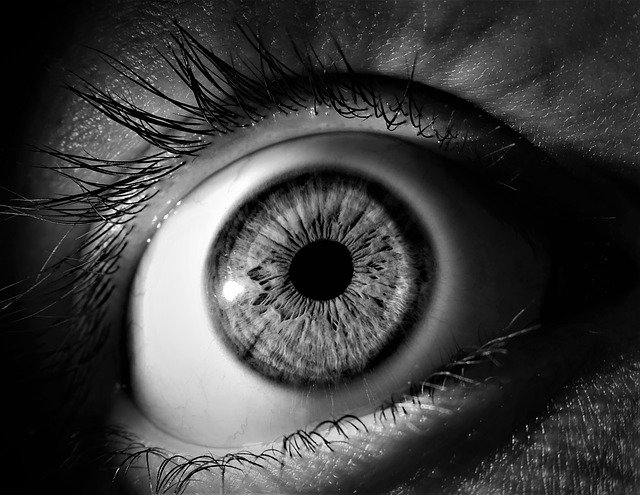You’re probably familiar with the polygraph test. Sometimes it’s call a lie detector test. It’s equipment that someone is hooked up to that measures their blood pressure, respiration, and eye movements, while they’re asked a series of questions. The purpose, of course, is to determine if they’re lying or not. Which sounds great, if you can guarantee that the results are foolproof. But that’s the problem – you can’t.

Is a polygraph test accurate? And are they still used today?
The American Polygraph Association says that the machines are “highly accurate”, however, countless studies and some psychologists will disagree with that. People try to fool the polygraph test equipment. The results can be inconclusive, or even inaccurate. Guilty people have passed polygraph tests, and innocent people have failed. It’s one of the many reasons they’re not admissible in Michigan courts as evidence.
That’s not to say that they’re not used extensively in our legal system. Police agencies use polygraph examinations a lot. The Michigan State Police has a team of trained polygraph operators. Here at The Kronzek Firm, we sometimes offer polygraph exams to our clients that have been accused of a serious crime. (Our CPS defense attorneys sometimes use polygraph exams when Michigan parents have been wrongfully accused of harming their children.)
What about EyeDetect? Is it more accurate than the polygraph?
EyeDetect, a recently introduced technology that allegedly allows law enforcement to determine if someone is lying, is supposed to help overcome the issues that polygraphs present. EyeDetect, designed by Utah based company Converus, works by digitally tracking minute eye movements in suspects while they are being questioned.
According to Converus‘ chief executive Todd Mickelsen, eye movements are a far more accurate way to tell if someone is being honest, or dishonest. But it can be hard to see every miniscule muscular twitch around a person’s eyes. For a person, that is. Software, on the other hand, can process even the smallest and most fleeting eye movements. Which is why EyeDetect is so much more accurate at sifting the liars out from the truth tellers. Or is it…?
Putting too much faith in technology causes major problems.
Laurie Levenson, a law professor at Loyola Marymount University who has researched lying, says that one of her concerns is how this technology may lead law enforcement officers astray. “We tend to believe that where there’s science involved, it’s reliable.” she says. And that would be a big problem for innocent people wrongfully accused of crimes they didn’t commit.
In the same way that believing facial recognition software would save the day when it comes to identifying criminals, putting all our faith in technology to root out liars is dangerous. While it certainly removes the element of human bias and error, it doesn’t allow for all the many factors that can influence how an individual’s body reacts when telling the truth, or telling a lie. Our criminal defense attorneys have been challenging “junk science” since the last century.
The best defense against wrongful conviction is a top defense attorney
Here at The Kronzek Firm, we know how easy it is to let human error, investigator bias, police error and even simple incompetence put the wrong person behind bars. Whether or not there’s questionable technology involved, being falsely accused is terrifying! It’s a subject we’ve discussed at length before, and one that we’ve sadly seen happen right here in Lansing, Grand Rapids, Livingston County and Midland, MI. But it doesn’t have to be that way.
By hiring an aggressive defense attorney with decades of experience, access to some of the nation’s best expert witnesses, and a highly trained and respected team of associates who all bring unique and valuable skills to the table, you can fight back against wrongful charges. Whether you live in Lansing, Caro, or Lenawee County, don’t risk your future by relying on anything less than the best. Call The Kronzek Firm at 866 766 5245 today. We’ve been successfully helping clients in Michigan since 1995.







